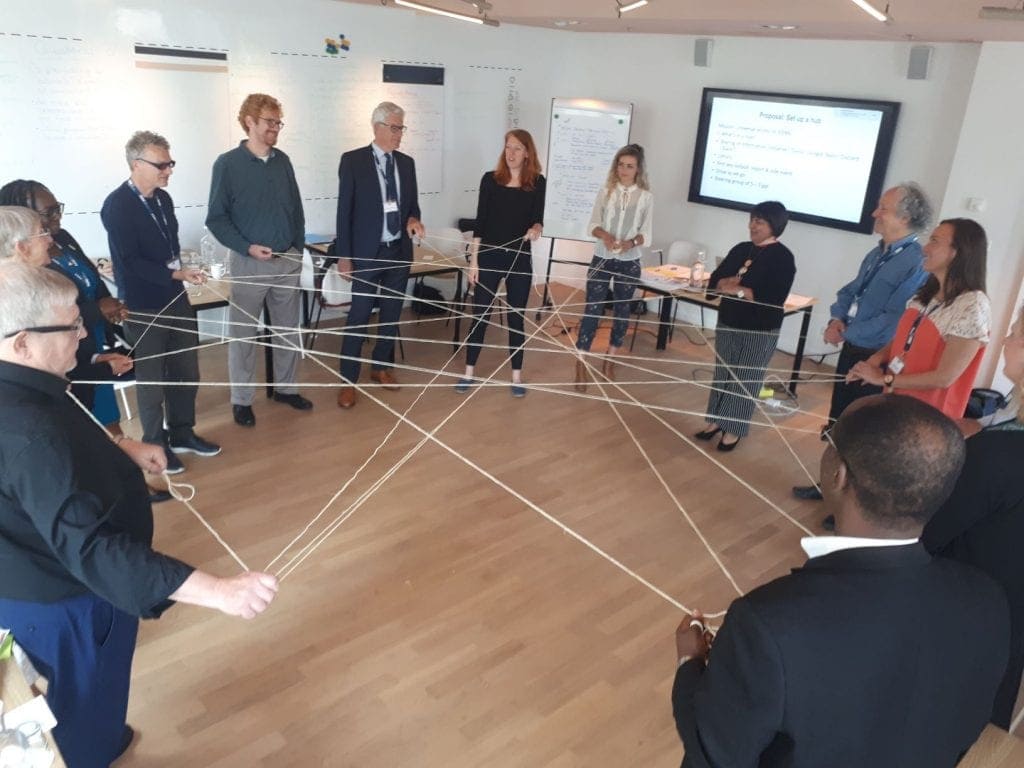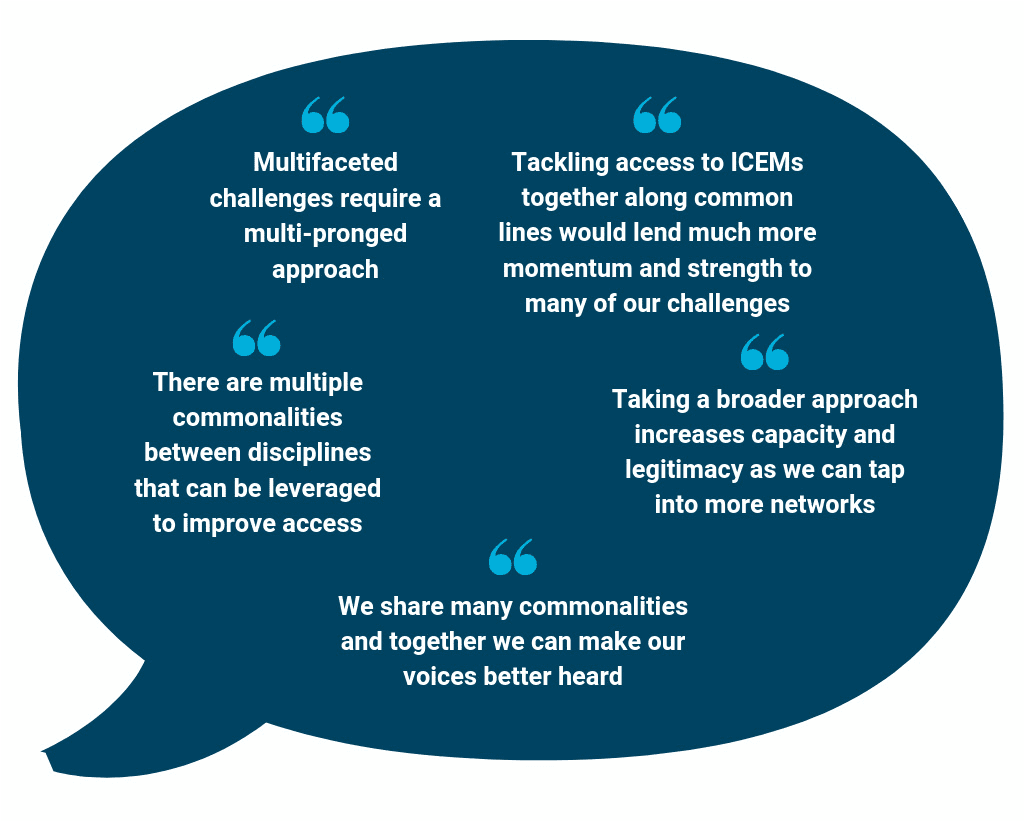This post is part of a two-part series about access to ICEMs. Read about what ICEMs are, and why access is such a problem for so many.
In June 2019, Health Action International (HAI) brought together international stakeholders from various care fields which use controlled medicines. For the first time, international experts from anaesthesiology, epilepsy, harm reduction, mental health, and pain and palliative care came together to learn from each other about Internationally Controlled Essential Medicines (ICEMs).
The three-day meeting encouraged experts to discuss common barriers to accessing ICEMs for low-and middle-income countries (LMICs), and to explore the appetite for taking a collaborative approach in order to improve access to ICEMs in these countries.

During the meeting, it became clear that there really are many shared barriers to accessing ICEMs across the care fields. Some of the common barriers that were identified during the meeting were:
- The scheduling of medicines in the international drug control system.
- The marginalisation and stigmatisation of individuals, diseases, care fields, and medicines.
- The influence of pharmaceutical companies on medicine markets. Pharmaceutical companies disproportionally invest in marketing expensive, profitable medicines, while neglecting, or actively tarnishing the reputation of the affordable and economically unattractive medicines with a similar purpose.
- A lack of donor interest in controlled medicines.
- Overly restrictive interpretation of international drug controls in national policies and regulations.
- Inadequacies in consumption estimates that are required under the 1961 Single Convention on Narcotic Drugs, causing an imbalance between demand and supply.
- Lack of training and awareness among healthcare providers and government officials.
Next steps
The conference was an incredible success. All of the experts believed in the added value of tackling access to controlled medicines as a whole, and they were all very interested in collaborating on such an approach. Without a doubt, the energy, passion and enthusiasm during the meeting to bundle expertise on the common issues regarding accessing ICEMs resonated, and led to the unanimous agreement that working in collaboration should be an additional tool to be used to improve access to ICEMs. This excitement and ‘ready-to-take-action’ attitude created the perfect setting to formulate the next steps that we would like to take as a collective.

The meeting established a strong foundation for an innovative spectrum-wide approach for researching and advocating access to ICEMs that can bring additional momentum to the important work already happening. We plan to take this exciting movement forward in the form of an information-sharing ‘hub’ and take on collaborative research and advocacy efforts at national and international levels as we grow. The meeting exceeded all expectations with positive conclusions from a passionate, committed and inspired delegation, already moving as a cohesive team. If we are to move the needle on access to ICEMs, then the whole really will be greater than the sum of its parts.